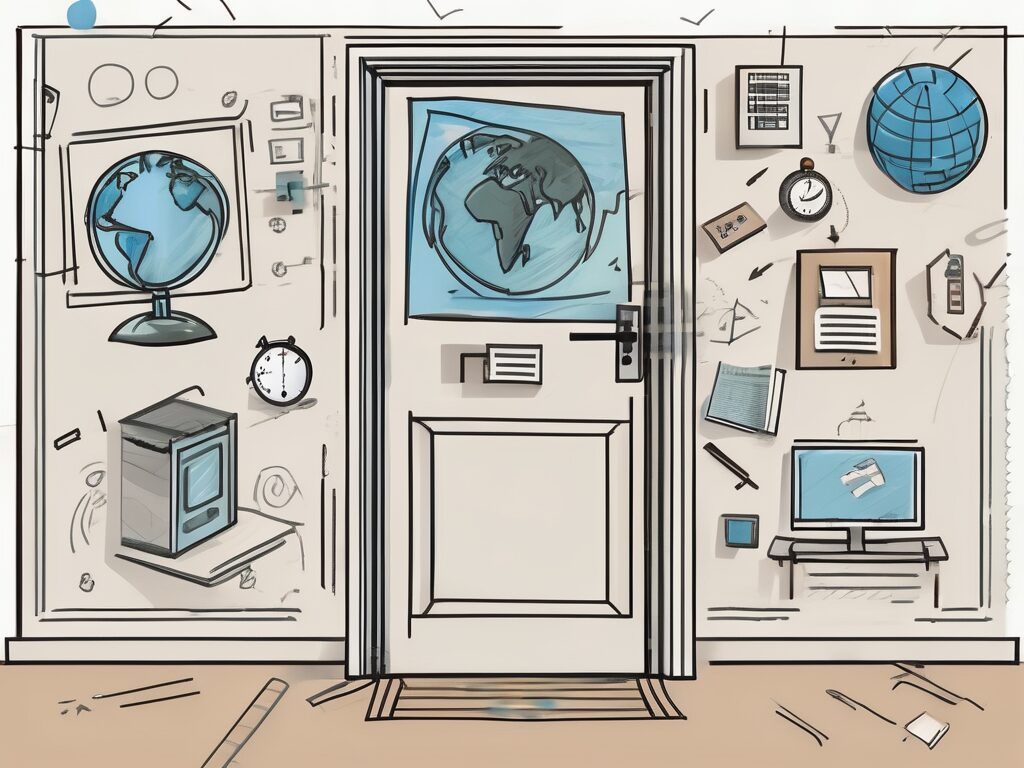Dubai, a city known for its towering skyscrapers and luxurious lifestyle, is also home to a diverse and vibrant education sector. The city’s commitment to providing world-class education has attracted a multitude of international teachers, particularly those with the International Postgraduate Certificate in Education (IPGCE). However, like any other international setting, there are unique challenges and barriers that these teachers face. This blog post delves into six key factors that IPGCE teachers in Dubai grapple with.
1. Cultural Differences
One of the most significant barriers for IPGCE teachers in Dubai is navigating the cultural differences. The UAE has a rich and distinct culture, deeply rooted in Islamic traditions. For teachers from Western countries, this can be quite a change from what they’re used to.
For instance, the teaching methods that work in their home countries might not be as effective in Dubai due to these cultural differences. It’s like trying to fit a square peg into a round hole – it just doesn’t work. Teachers have to adapt their teaching styles to fit the cultural context of their students.
Moreover, understanding and respecting the local customs and traditions is crucial for building a good rapport with students and parents. This includes everything from the appropriate dress code to understanding religious practices.
2. Language Barrier
While English is widely spoken in Dubai, Arabic is the official language. This can pose a challenge for IPGCE teachers who are not familiar with the language. It’s akin to trying to read a book in a language you don’t understand – it’s possible, but it’s going to be a struggle.
Although most of the teaching is done in English, communication with parents and some administrative tasks may require a basic understanding of Arabic. Additionally, teachers may find it challenging to connect with students who are not fluent in English.
Learning a new language is not an overnight process, and teachers may need to invest time and effort into learning Arabic to overcome this barrier.
3. Curriculum Differences
The education system in Dubai is quite different from Western countries. The curriculum is more rigid and exam-focused, which can be a stark contrast for teachers accustomed to a more flexible and holistic approach to education. It’s like switching from a manual car to an automatic – the basic principles are the same, but the execution is different.
Moreover, the emphasis on rote learning over critical thinking can be a challenge for teachers who are used to encouraging creativity and independent thought in their classrooms.
Understanding and adapting to the local curriculum is crucial for IPGCE teachers to be effective in their roles.
4. High Expectations
Dubai’s education sector is highly competitive, and there are high expectations for teachers. Parents expect the best education for their children, and schools expect teachers to deliver top-notch lessons. It’s like being a chef in a Michelin-starred restaurant – there’s no room for error.
These high expectations can put a lot of pressure on teachers, leading to stress and burnout. It’s important for teachers to manage these expectations and ensure they have a good work-life balance.
5. Legal and Administrative Hurdles
Moving to a new country always comes with its fair share of legal and administrative hurdles, and Dubai is no exception. From obtaining the right work visa to understanding the local labour laws, there’s a lot for IPGCE teachers to navigate. It’s like trying to solve a complex puzzle – it’s doable, but it requires patience and perseverance.
Furthermore, the process of getting qualifications recognised and obtaining a teaching license in Dubai can be a lengthy and complicated process.
6. Cost of Living
While Dubai offers competitive salaries for teachers, the high cost of living can be a challenge. From rent to groceries, living in Dubai can be expensive. It’s like living in London or New York – the salary might be good, but so are the expenses.
Teachers need to budget carefully to ensure they can live comfortably. It’s also worth noting that while some schools offer housing allowances, not all do.
In conclusion, while Dubai offers numerous opportunities for IPGCE teachers, it’s not without its challenges. Understanding these barriers can help teachers prepare and adapt, ensuring a smoother transition and a successful teaching experience in Dubai.
Overcome Education Barriers in Dubai with IPGCE
Ready to elevate your teaching career in Dubai and overcome the challenges outlined? Join the UK’s #1 Teacher Training Course, the International Postgraduate Certificate in Education (iPGCE), and unlock your full potential. With our program, you’ll not only enhance your qualifications and increase your chances of securing international teaching positions, but you’ll also experience significant career progression, join a global network of educators, gain a deeper understanding of international curricula, and enjoy the flexibility of balancing professional development with your current commitments. Don’t be part of the 80% facing disqualification due to inadequate credentials. Be the change in your career trajectory. Join the IPGCE program today and start your journey towards success in the dynamic educational landscape of Dubai.

